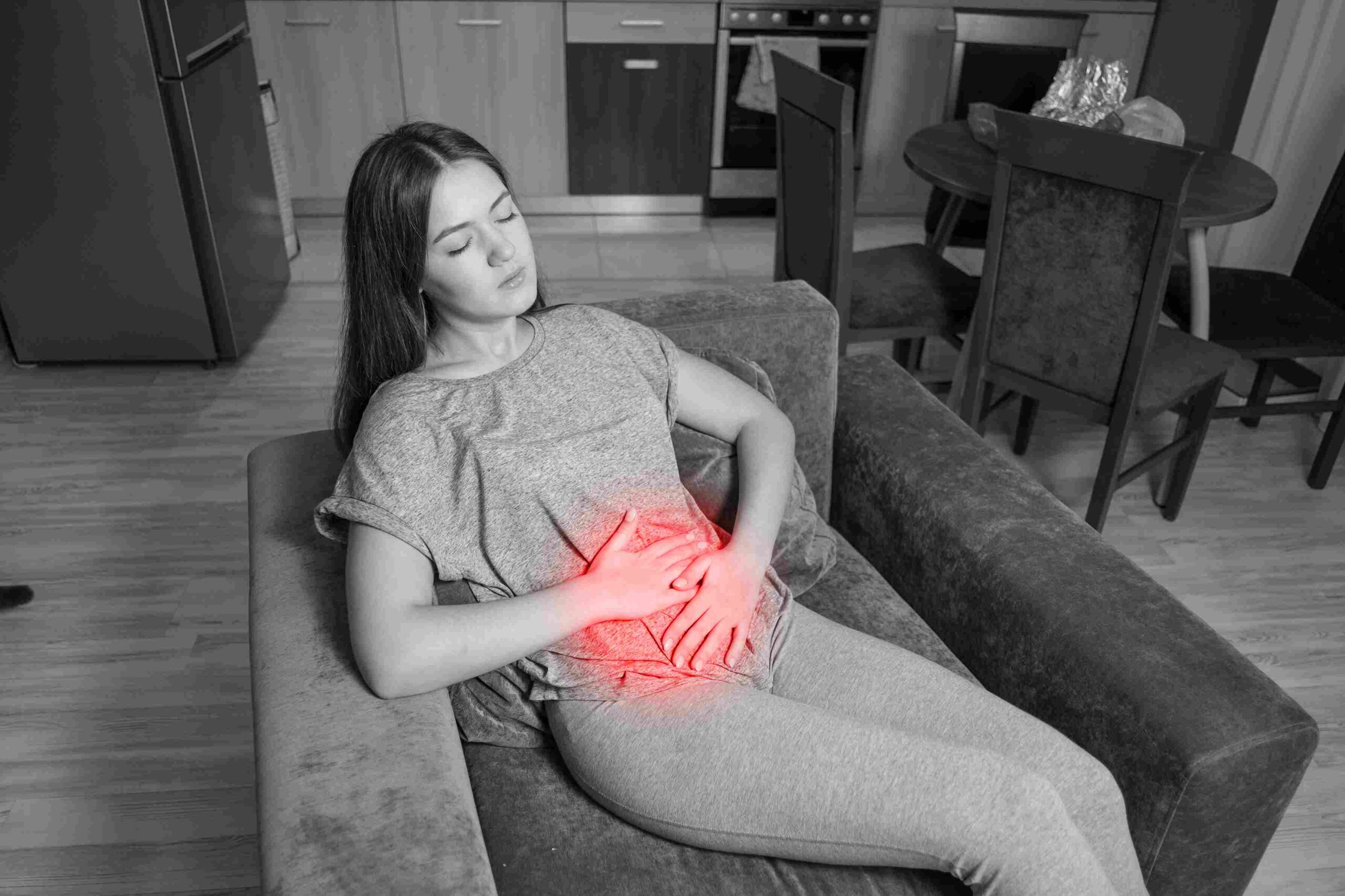
PCOD
PCOD, or Polycystic Ovary Syndrome, is a hormonal disorder that affects women of reproductive age. It is characterized by irregular periods, excess androgen (male hormone) levels, and the presence of cysts on the ovaries. PCOD can lead to a range of symptoms, including acne, weight gain, and difficulty conceiving.
While medication and lifestyle changes are often used to manage PCOD symptoms, therapy can also be a helpful tool for individuals with PCOD.
Here are some of the ways therapy can help:
- Addressing emotional distress
Women with PCOD may experience emotional distress related to their symptoms, including anxiety, depression, and low self-esteem. Therapy can provide a safe space for individuals to explore and address these feelings, which can improve overall well-being and quality of life.
- Developing coping strategies
Therapy can help individuals with PCOD develop coping strategies to manage symptoms such as irregular periods, acne, and weight gain. These strategies might include stress-management techniques, healthy eating habits, and regular exercise.


- Improving body image
PCOD symptoms such as weight gain and acne can impact body image and self-esteem. Therapy can help individuals with PCOD develop a more positive body image, which can improve overall well-being.
- Addressing co-occurring conditions
Individuals with PCOD may also experience co-occurring conditions such as anxiety, depression, or eating disorders. Therapy can help address these conditions, which can improve overall functioning and quality of life.
- Fertility counseling
For women with PCOD who are trying to conceive, fertility counseling can be helpful in understanding treatment options, managing stress, and developing coping strategies.
Overall, therapy can be a helpful tool for individuals with PCOD in managing symptoms, addressing emotional distress, and improving overall well-being and quality of life. By working with a trained therapist, individuals with PCOD can develop the skills and strategies needed to manage their condition and live a fulfilling life.

